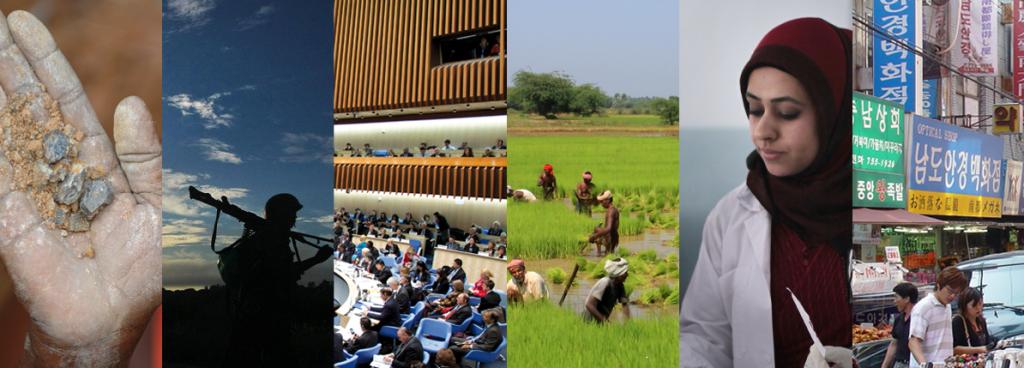Computer security is compromised when a vulnerability allows unauthorised access to digital devices or networks. This research project explores how vulnerabilities, after being discovered, are disclosed, discussed and patched into systems. In particular, it involves researching the socio-cultural organisation and negotiation of these disclosures over the last several years to highlight the socio-technical and ethical dynamics in the computer security arena that includes security researchers, vendors and various intermediaries. Considering the global configuration of the computer security arena, empirical data collection is taking place in various sites in Switzerland, Europe and the US.
Computer vulnerability disclosures are complex social processes composed of several steps and are highly sensitive in nature. During the last decade, several procedures have been put into place to legally protect the security researcher, limit the impact on the reputation of the vendors who are asked to patch their products and expedite the process to swiftly secure the compromised systems. This talk will focus on a few of these procedures and the ethical debates they raised, as well as a couple of vulnerabilities crises as case studies in order to present the researchers' provisional thoughts on the socio-cultural and technical constructions of computer (in)securities.
More information about the project >
About the Speakers
David Bozzini has been Professor of Anthropology at the University of Fribourg since 2017. He received his PhD in Anthropology from the University of Neuchâtel in 2011. He has been researching on surveillance, insecurity and military service in Eritrea, on the exile transnational movements and on post-Snowden hackers’ digital anti-surveillance projects. He recently started a new project exploring the making of computer (in)security funded by the Swiss National Science Foundation (Digital Lives).
Sylvain Besençon is a PhD candidate in Social Anthropology at the University of Fribourg where he is preparing a dissertation on the making and unmaking of security related to cryptographic protocols for communication systems, such as OpenPGP, Signal and OTRv4. He holds a MA degree in Anthropology from the University of Neuchâtel. He has been researching on community-based tourism in Peru as well as on activism, art and migration.




